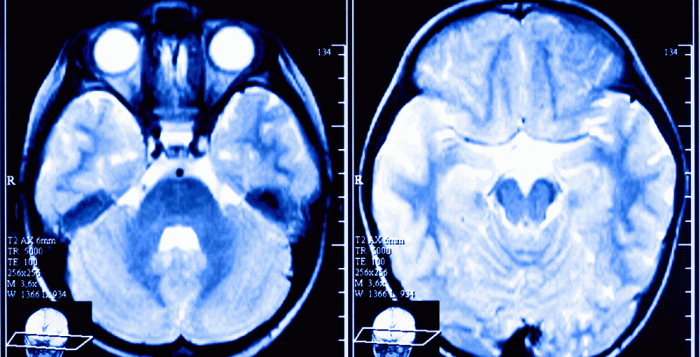On April 21, 2016, the Centers for Medicare and Medicaid Services (CMS) released the fiscal year (FY) 2017 inpatient rehabilitation facility prospective payment system (IRF PPS) proposed rule. The proposed rule will publish in the April 25 Federal Register. Some of the key provisions proposed include:
Proposed Updates to IRF payment rates:
Updates to the payment rates under the IRF PPS. CMS is proposing to update the IRF PPS payments to reflect an estimated 1.45 percent increase factor (reflecting an IRF-specific market basket estimate of 2.7 percent, reduced by a 0.5 percentage point multi-factor productivity adjustment and a 0.75 percentage point reduction required by law). CMS is proposing that if more recent data becomes available (for example, a more recent estimate of the market basket or multifactor productivity adjustment), it would be used to determine the FY 2017 update in the final rule. An additional 0.2 percent increase to aggregate payments due to updating the outlier threshold results in an overall update of 1.6 percent (or $125 million), relative to payments in FY 2016.
No changes to the facility-level adjustments. For FY 2017, CMS will continue to maintain the facility-level adjustment factors at current levels. CMS will continue to monitor the most current IRF claims data available to assess the effects of the FY 2014 changes.
Proposed Changes to the IRF Quality Reporting Program (QRP):
Beginning in FY 2014, any IRF that does not submit the required data to CMS receives a 2.0 percentage point decrease in its annual increase factor for payments under the IRF PPS. The Improving Medicare Post-Acute Care Transformation (IMPACT) Act of 2014 requires the continued specification of quality measures, as well as resource use and other measures, for the IRF QRP.
In order to satisfy the requirements of the IMPACT Act, CMS is proposing four claims-based measures for inclusion in the IRF QRP for the FY 2020 and FY 2018 payment determination and subsequent years and one new assessment-based quality measure for inclusion in the IRF QRP for FY 2020 and subsequent years, respectively:
- Discharge to Community – Post Acute Care (PAC) IRF QRP (claims-based);
- Medicare Spending Per Beneficiary (MSPB) – Post-Acute Care (PAC) IRF QRP (claims-based);
- Potentially Preventable 30 Day Post-Discharge Readmission Measure for IRFs (claims-based);
- Potentially Preventable Within Stay Readmission Measure for IRFs (claims-based); and
- Drug Regimen Review Conducted with Follow-up for Identified Issues (assessment-based).
Pending final data analysis, CMS is also proposing to add four new measures to IRF QRP public reporting on a CMS website, such as Hospital Compare, by fall 2017. In addition, CMS is proposing to extend the timeline for submission of exception and extension requests for extraordinary circumstances from 30 days to 90 days from the date of the qualifying event.
















